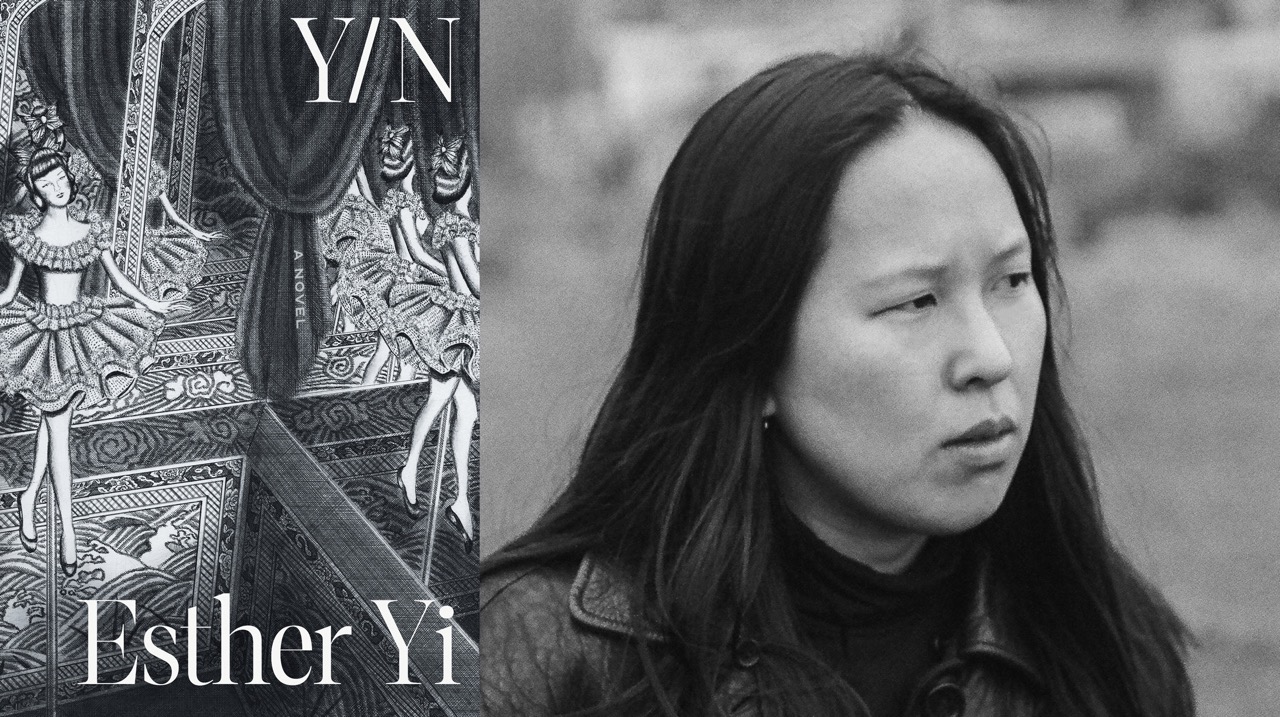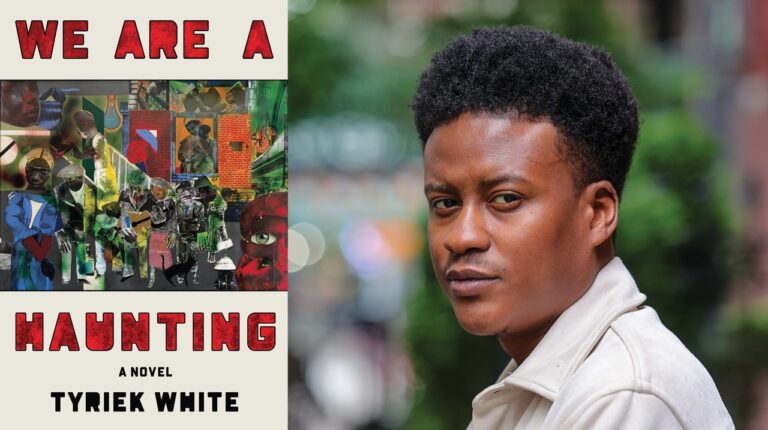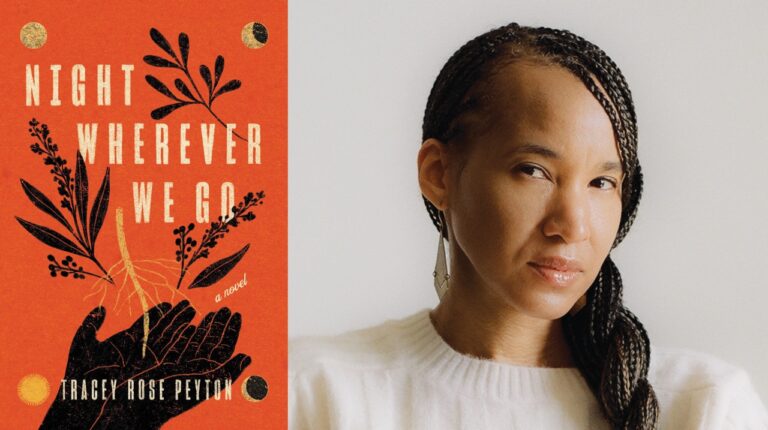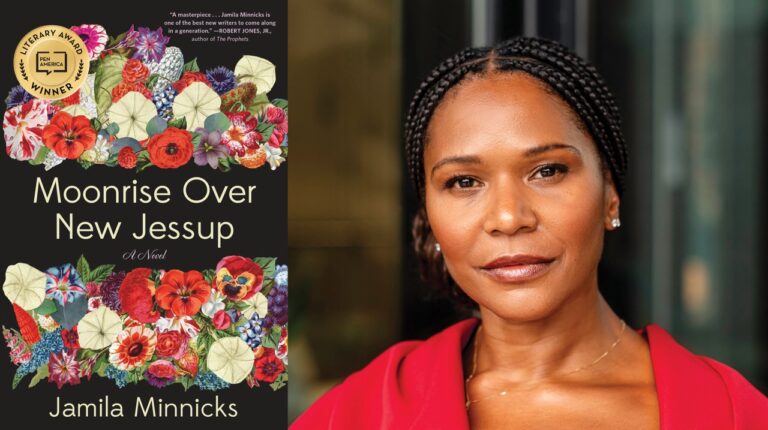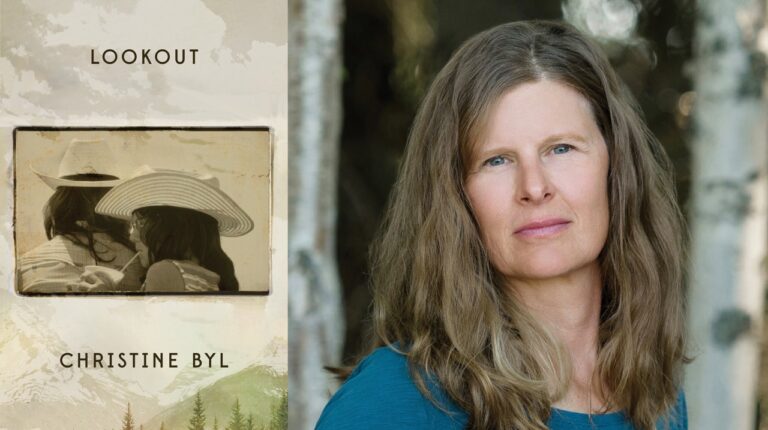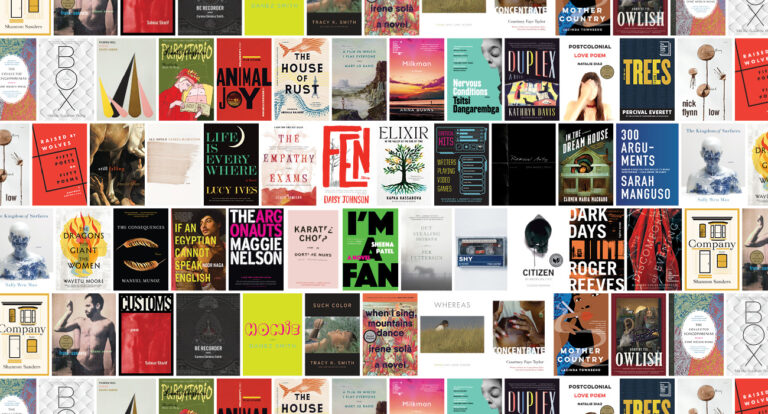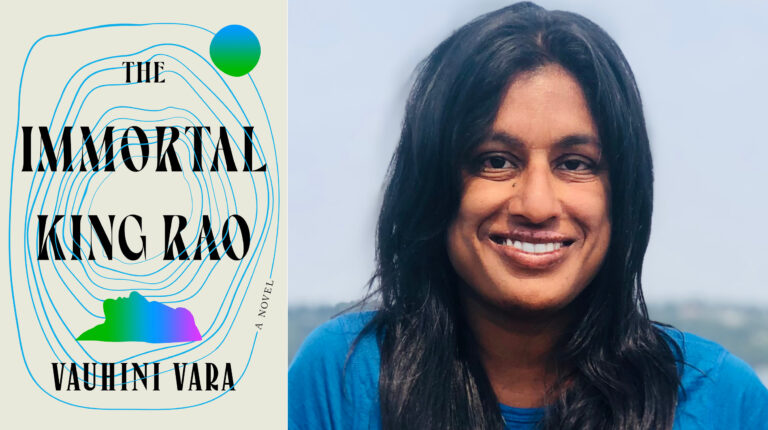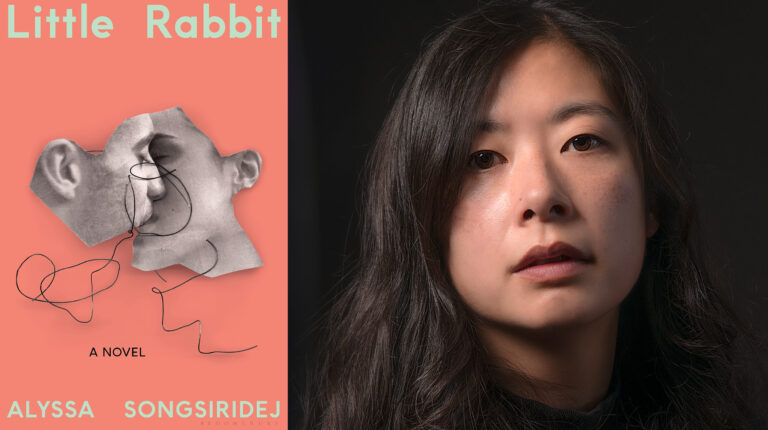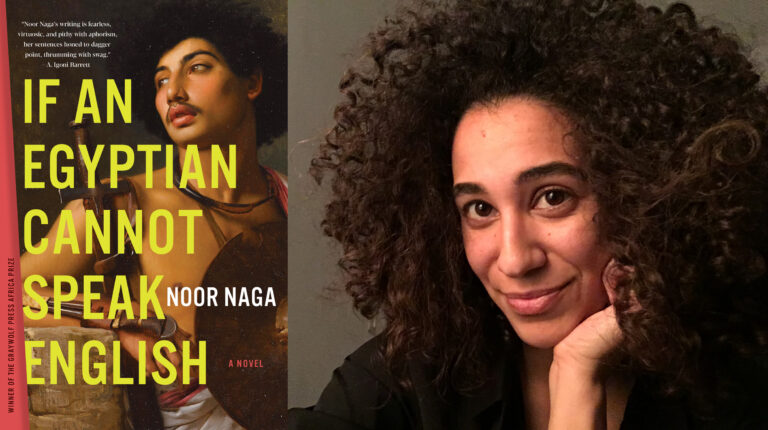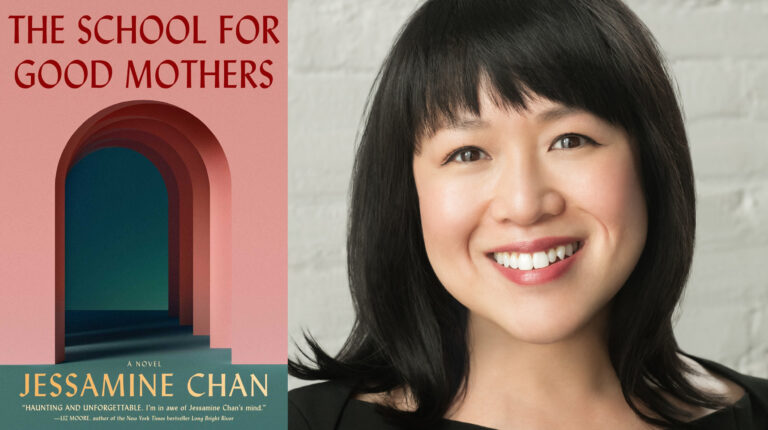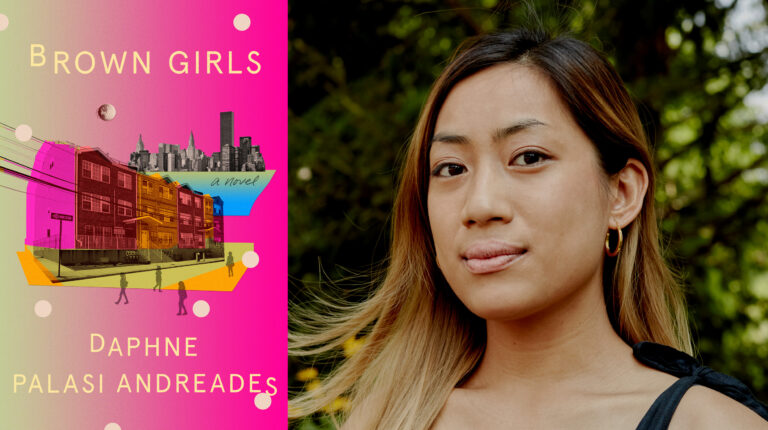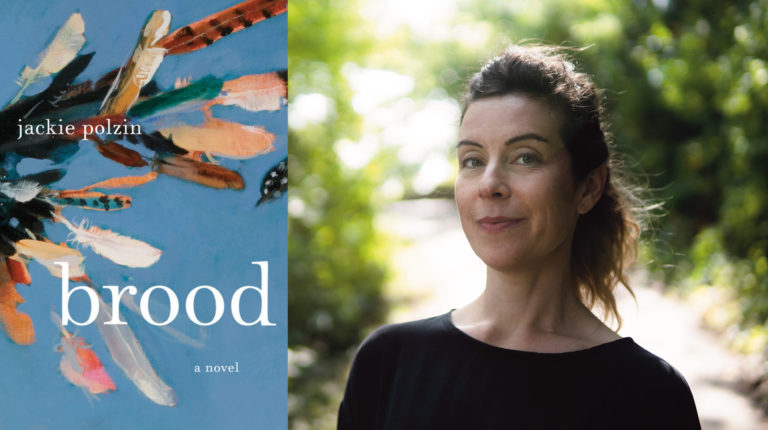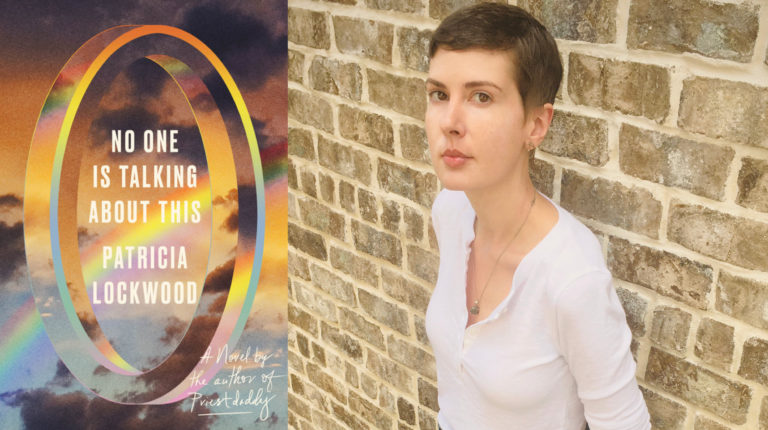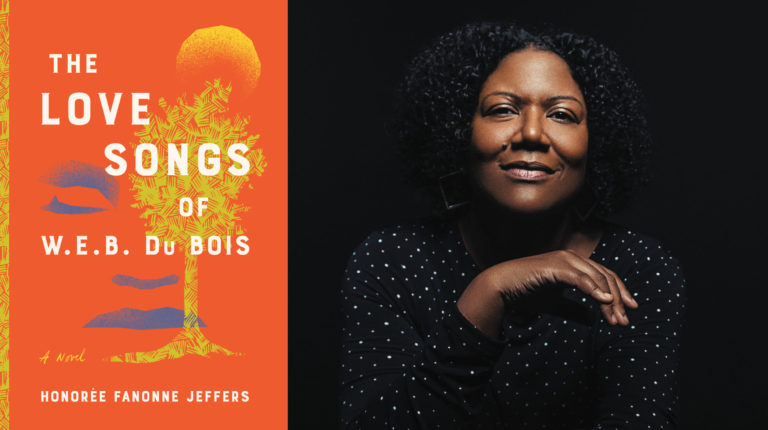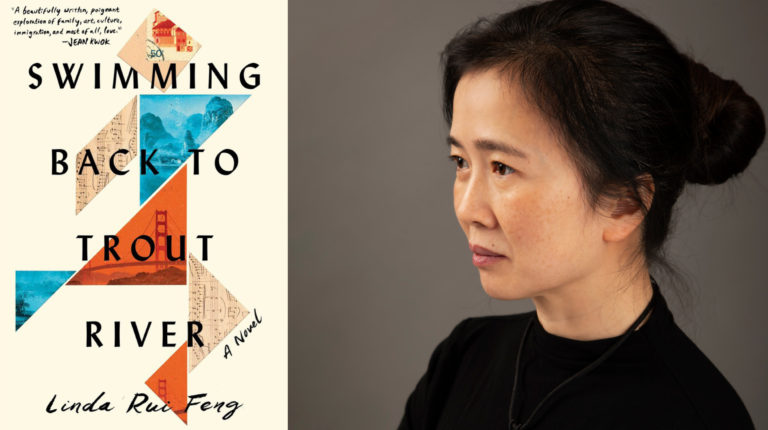December 4, 2023
Esther Yi, author of Y/N, corresponded with Ceara Hennessey in celebration of being shortlisted for the 2023 First Novel Prize. In the novel, a young woman’s growing obsession with a K-pop singer, Moon, distracts her from an unsatisfying life as she pours her ineffable desire into writing fanfiction, allowing the reader to play out an intimate relationship with the star. When Moon disappears, the woman flies from Berlin to Seoul to look for him, eventually landing in the headquarters of the Kafkaesque entertainment company that manages the boyband. In time, art and real life approach their final convergence.
What was the first seed of the idea for this book? What couldn’t you stop thinking about that led to creating this story?
When I was nine or so, I had a young woman named Jamie as my Sunday school teacher. Jamie gave us the assignment of writing journal entries whenever we were apart during the week and bringing them in on Sundays for her to read. I did as I was told, and our notebooks, as far as I can remember, were perused on Sundays without much enthusiasm… At some point Jamie stopped showing up to church. No explanation was given. Another teacher simply took her place. And it was precisely then, when the assignment was over, that my behavior turned, quite characteristically, compulsive: nearly every day for months afterward I wrote journal entries addressed to Jamie that I knew she would never read. The texts were nothing special, just brief reports about my day, and though I always made sure to ask Jamie how she was, my tone could never be called importunate or sentimental. It didn’t bother me that Jamie wouldn’t reply. In fact, her disappearance seemed to have fertilized my entries, provided the proper conditions in which my writing could attain its ideal tone: an indefatigability made eerie by its total purposelessness. Dear Jamie… Dear Jamie… Dear Jamie… Every entry ended with the sentence “I miss you.” But I didn’t miss Jamie. I hadn’t even particularly liked her. So who did I mean?
What was it about K-pop/K-pop idols that intrigued you? Was there something about that particular fan culture that you found especially interesting to write about?
Not once have I thought of Y/N as being about K-pop or fandom. But if one were to approach the book as though it were, then it probably reads like a tribute or a takedown. It might even come across as satire. And this would accommodate those readers for whom the operative question is whether the book faithfully reflects their version of reality or not. But I must confess that I have no interest in describing the reality I share with the general public. To the contrary, I’m frequently overwhelmed by the need to bankrupt and humiliate reality, and I reserve my greatest extravagances in this regard for my writing. K-pop couldn’t help but tempt me, so insistent on its “reality” as it is, doing so much all the time to make itself “real,” especially among its fans, creating something like a small society with its own language and rules. I wanted to take an extremely specific point of view—in the form of my narrator, whom I would never call a fan (or “Korean-American” or “crazy”)—and run it like a poison-tipped needle through a bloated collective superstructure. Actually, I would say the same thing of Moon. I task my most important characters with throwing themselves against the soporific gray facade of reality. Sometimes they hit just right, and cracks form, and this pleases me immensely, for only then does mystery become possible, an incursion of the hostile unknown.
On a similar note, the narrator also composes y/n fanfiction as a way to outlet her desire and this fanfiction is interspersed throughout the novel, with the narrator eventually giving it to Moon to read. What drew you to incorporating fanfiction in this way? Do you feel the narrator is using it as an outlet or do you see it fulfilling another role for her?
I’m intrigued by the words “interspersed” and “incorporated.” They suggest that the fanfic can be cleanly separated from the rest of the novel (raisins in a piece of bread). There’s also the implication that the fanfic’s position is one of subordination. As if the non-fanfic parts constitute the main world of the novel, because the stakes there are higher and the events are “real.” As if the fanfic is thusly “fake,” a place where my narrator lets her imagination careen beyond the bounds of reason, a playroom for everything that doesn’t fit into her “real” life. I don’t view her fic in any of these ways. I can speak from personal experience: my writing is not less real than me. In fact, my writing is better at being me than I am.
Towards the end of the novel, the character Maehwa asks the narrator, “Is there anything you’re exact at being?” To me this perfectly captures one of the central conflicts of our narrator—her struggle to identify herself, especially as Moon overtakes her life. This ties into her lack of a name. Did that choice come to you as you were writing and themes began to develop or was she always meant to be nameless?
I don’t think my narrator wants an identity at all. I think she experiences every identity as a chain and chokehold. So her struggle is not one of finding and pinning down the right identity but rather that of trying to resist the imposition of an identity while existing (and begrudgingly wanting to exist, as these compromises unfortunately go) in a social order that’s basically held together by people gathering in circles and making themselves legible to each other by saying nod-inducing things about who they think they supposedly are. It’s really in this sense that my narrator most resembles me. I suspect that I will never be able to create a narratorial voice that isn’t marked by this particular struggle, seeing as it affects the way I use and abuse language. It’s also partly why so many of my characters have names that aren’t names.
To me, desire is the anchor of this novel— it moves the narrator from location to location and fuels her quest to find Moon. Was it your intention to write about desire in this way when you first began writing the novel? Do you feel it’s desire that drives the narrator or do you think it is more complex than that?
My narrator explicitly says that she doesn’t want sex, romance, or marriage with Moon. At the same time, being a fan is unacceptable to her. One might organize these possibilities on a spectrum from “doing real things with Moon in real life” to “doing fake things with Moon in fake life,” but I suspect that my narrator would say that everything belongs in the latter category. That’s why she wants none of it. After all, she feels similarly about the apparently “real” parts of her life: Masterson, her job, socializing. So what does she want? What would it mean to do a “really real” thing with Moon in “really real” life? Is it even possible? And what is “really real” life if it’s not equivalent to life as we conventionally understand it? What is it about our so-called reality that seems to beg for its own evisceration from within, for its own derealization?
I’ve seen the word “parasocial” used to describe my narrator’s relationship with Moon. I dislike that word because it pretends to clarify when it actually obscures. If the implication of “parasocial” is that my narrator knows Moon falsely—through image, through what he represents than what he really is—then it seems to me that all relationships are parasocial. Especially so-called love relationships. Have I ever really known anyone? Including myself? I’m pretty sure I have a parasocial relationship with myself. In any case, parasociality is precisely what my narrator is trying to escape.
Is there anything you can tell us about what might be coming in the future from you?
All I learned from writing Y/N is how to write Y/N. I don’t seem to have learned how to write novels in general. I could never write something like Y/N again. My thinking has changed too much. I wrote most of Y/N on the pure benzine of instinct, almost blithely and desperately, which—not paradoxically—made me very fastidious at the microscopic level of the text. I suspect that whatever I write next will be the reverse. It’ll have to account for the “relaxed ruthlessness” that has come to dominate my style of thinking since Y/N.
Featured Book
-
.
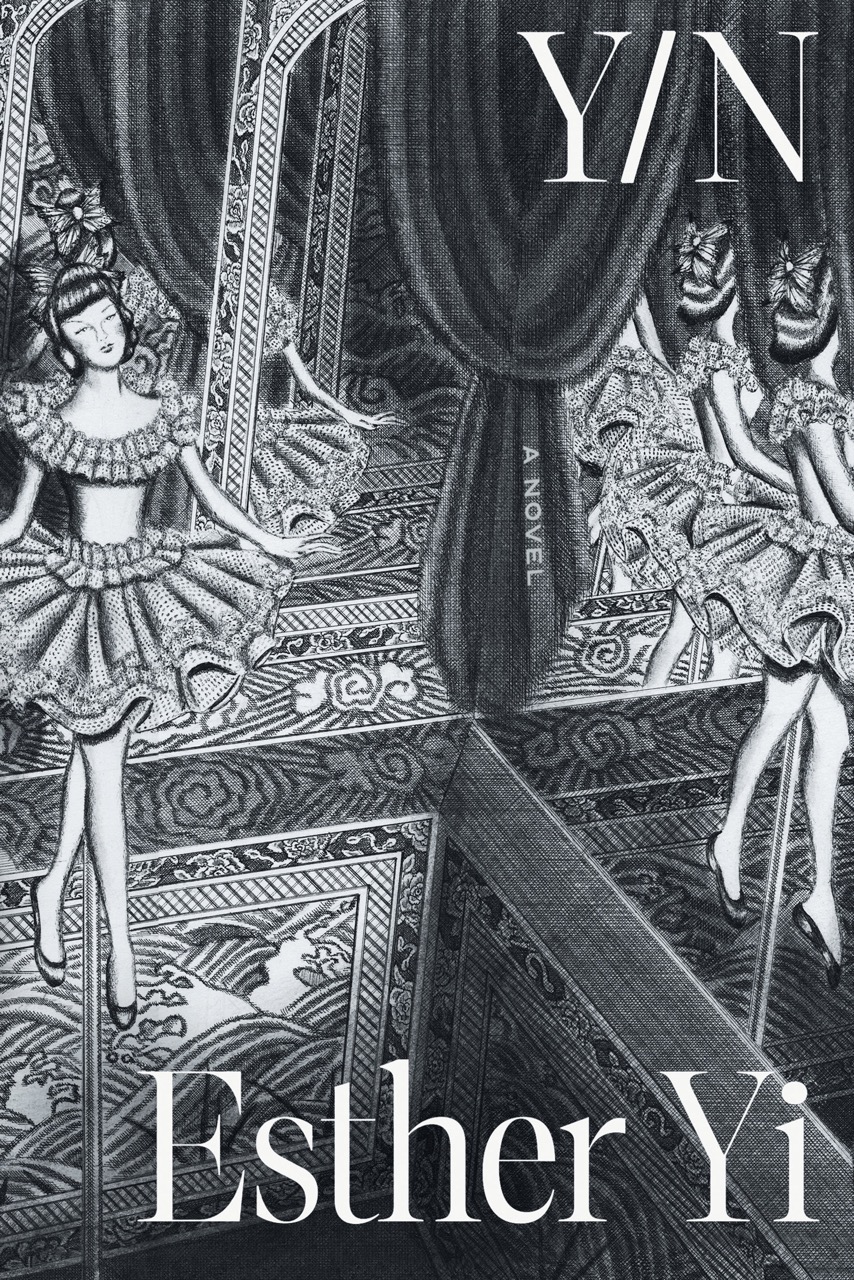
Y/N
By Esther Yi
Published by Astra House
A young woman’s growing obsession with a KPop singer, Moon, distracts her from an unsatisfying life as she pours her ineffable desire into writing fanfiction, allowing the reader to play out an intimate relationship with the star. When Moon disappears, the woman flies from Berlin to Seoul to look for him, eventually landing in the headquarters of the Kafkaesque entertainment company that manages the boyband. In time, art and real life approach their final convergence.
About Esther Yi
-
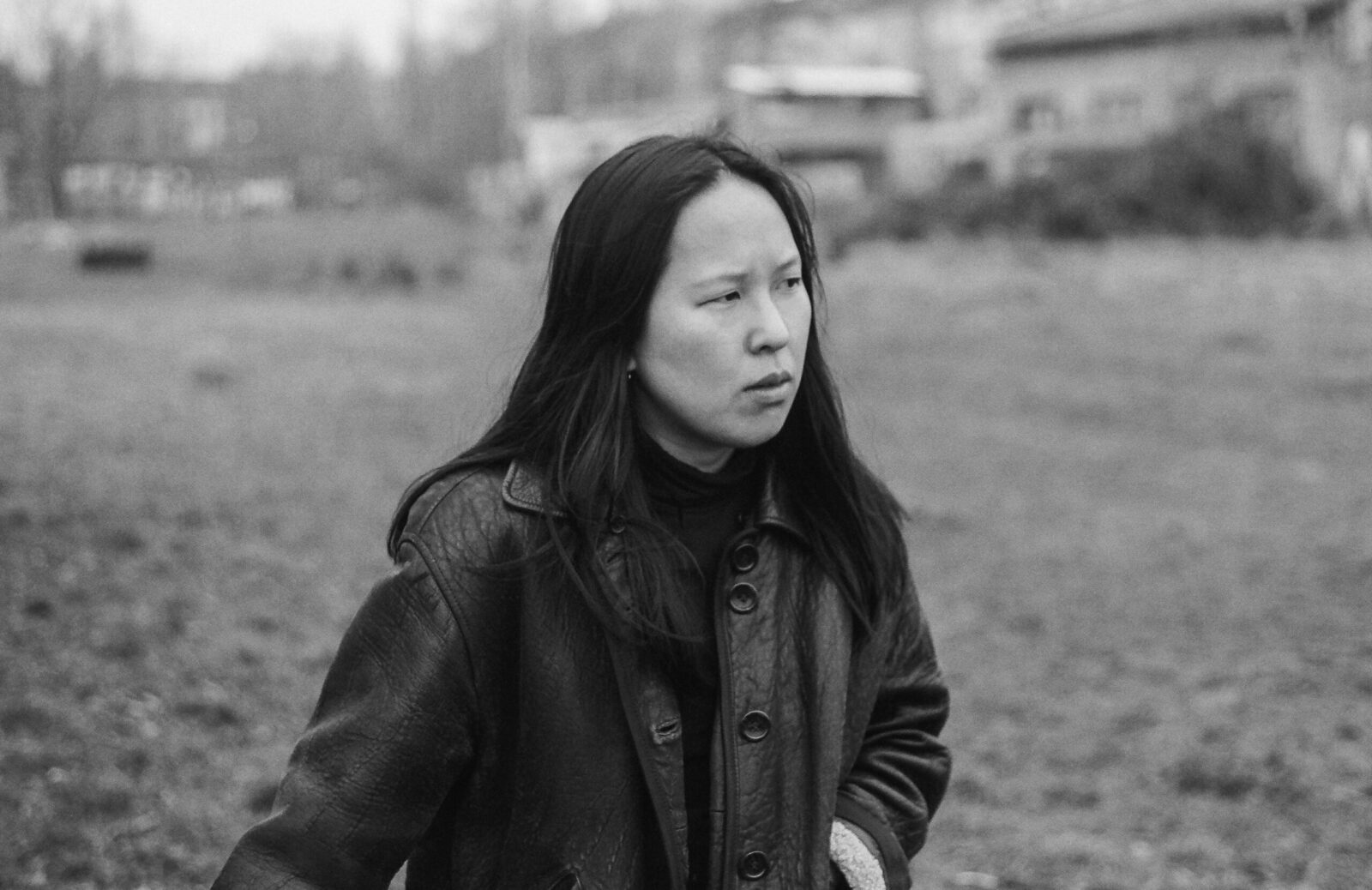
Esther Yi
Esther Yi
Esther Yi was born in Los Angeles in 1989.
Photo Credit: Sharon Choi
